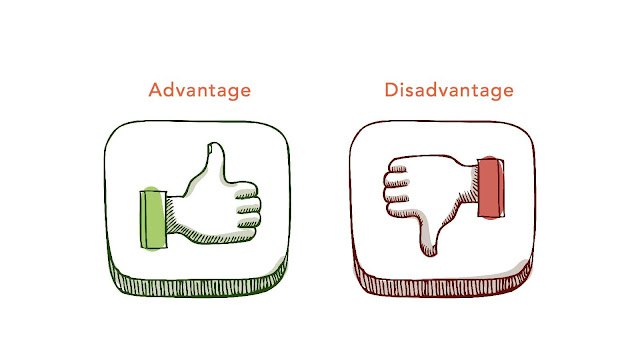 |
| Advantages And Disadvantages Of Zero Tillage |
Advantages And Disadvantages Of Zero Tillage
What is Zero Tillage?
Zero tillage, also known as no-till agriculture, is a farming method that involves planting crops without disturbing the soil by tilling or plowing. Instead of using tillage equipment, farmers use special planting equipment to create a narrow slit in the soil, into which seeds are inserted. The slit is then closed up, which helps to protect the soil from erosion and nutrient loss.
The key principle behind zero tillage is to maintain soil health and structure by preserving its natural structure and organic matter. By minimizing soil disturbance, zero tillage can help to reduce soil erosion, increase water retention, and improve soil fertility. It can also reduce the need for herbicides and pesticides, as the undisturbed soil can help to control weeds and pests naturally.
The benefits of zero tillage include reduced soil erosion, improved soil health and fertility, increased water retention, reduced labor and fuel costs, and improved crop yields. It can also help to mitigate climate change by reducing greenhouse gas emissions from agriculture, as tilling can release carbon from the soil into the atmosphere.
However, there are also some potential disadvantages to zero tillage, such as increased soil compaction, increased weed pressure, and the need for specialized equipment. Overall, zero tillage is a sustainable farming practice that can help to improve soil health and productivity while reducing environmental impacts.
Advantages of Zero Tillage
The advantages of zero tillage include:
-
Reduced soil erosion: By minimizing soil disturbance, zero tillage helps to protect the soil from erosion caused by wind and water. This helps to maintain soil structure and fertility, and reduces the loss of valuable topsoil.
-
Improved soil health: Zero tillage can help to improve soil health by maintaining soil organic matter and soil structure. This can lead to better nutrient retention, improved water infiltration, and increased microbial activity.
-
Increased water retention: By reducing soil disturbance, zero tillage can help to increase the soil's water-holding capacity. This means that crops are better able to access water during dry periods, reducing the risk of crop failure.
-
Reduced labor and fuel costs: Zero tillage can reduce the need for tillage equipment, which can reduce labor and fuel costs associated with farming. This can make farming more efficient and cost-effective.
-
Improved crop yields: Zero tillage can help to improve crop yields by improving soil health, increasing water retention, and reducing soil compaction. This can lead to healthier crops with higher yields.
-
Reduced greenhouse gas emissions: Zero tillage can help to reduce greenhouse gas emissions from farming by reducing the use of fossil fuels for tillage equipment and reducing the amount of carbon released from the soil.
Overall, the advantages of zero tillage make it a sustainable farming practice that can help to improve soil health, reduce environmental impacts, and increase crop yields.
Disadvantages of Zero Tillage
Zero tillage, also known as no-till farming, is a method of crop production in which the soil is left undisturbed and the seeds are planted directly into the soil without any prior tillage. While this approach has many advantages, it also has some disadvantages, which include:
-
Weed Control: Zero tillage can lead to a buildup of weeds, as there is no mechanical disturbance of the soil to uproot weeds or expose their seeds to sunlight. As a result, farmers may have to rely more on chemical herbicides or other means of weed control, which can be costly and have negative environmental impacts.
-
Soil Compaction: The lack of tillage can lead to soil compaction over time, particularly in heavy clay soils. This can reduce water infiltration and root growth, which can limit crop yields and increase the risk of erosion.
-
Disease and Pest Pressure: Without tillage, crop residues may remain on the soil surface, providing a habitat for pests and diseases that can attack the next crop. This can lead to increased pesticide use and lower yields.
-
Fertility Management: Zero tillage can make it more difficult to manage soil fertility, as there is no mechanical mixing of organic matter and fertilizers into the soil. This can lead to uneven nutrient distribution and reduce the effectiveness of fertilizers.
-
Equipment Costs: Zero tillage requires specialized equipment, such as no-till drills and planters, which can be expensive to purchase and maintain. This can be a significant barrier to entry for small-scale farmers or those with limited resources.
Overall, while zero tillage can offer many benefits in terms of soil conservation, reduced erosion, and improved soil health, it is not without its challenges and may not be suitable for all cropping systems or environments.






0 Comments:
Post a Comment